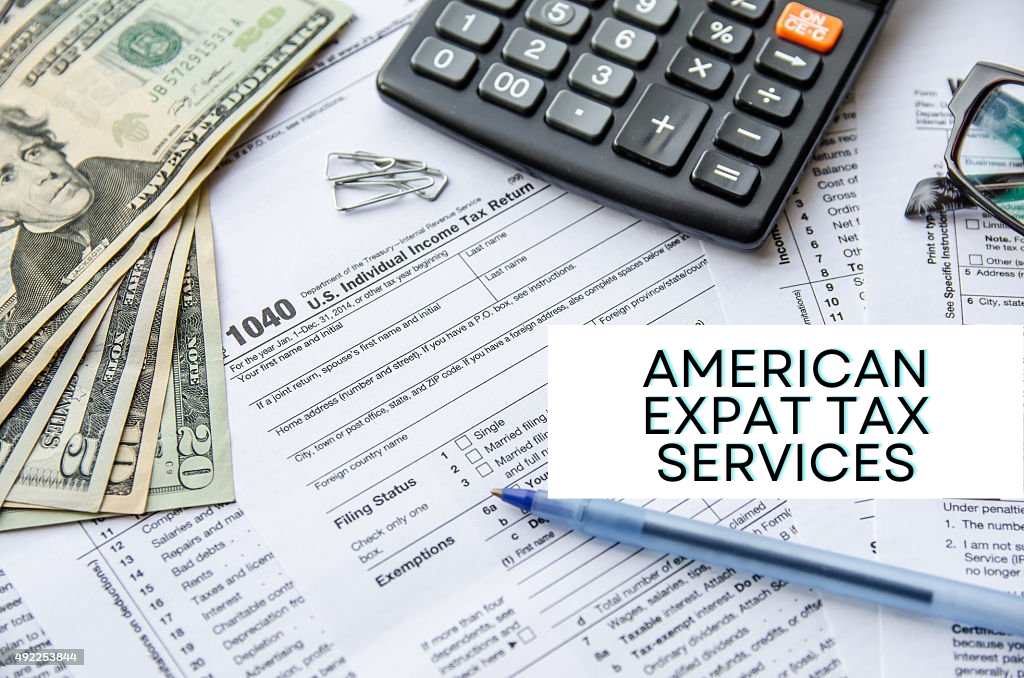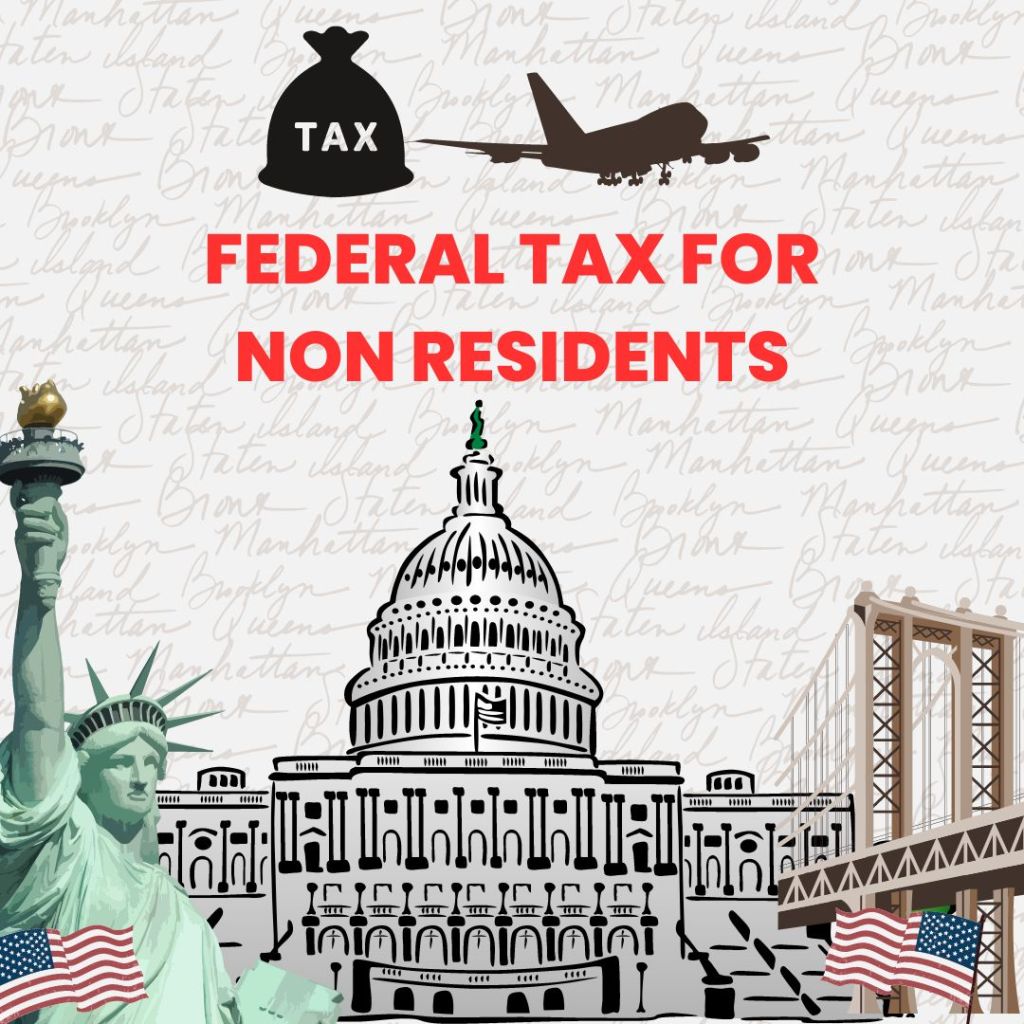
American citizens living abroad are required to pay US tax irrespective of their country of residence. This unique aspect of the US tax policy applies to all the citizens, irrespective of their country of residence. The United States of America distinguishes is one of the few nations globally that imposes taxes based on citizenship instead of residency.
The country has a unique taxation system that follows its citizens wherever they go, irrespective of residency. Even when one is settled abroad they must file annual federal income tax returns with the IRS and report the world-wide income whenever the income exceeds the IRS filing limit.
American tax for US residents living abroad ensures the global income is subject to US income tax laws. The only way to escape US expat taxes is to renounce the citizenship even if one is a dual citizen.
What is the IRS filing threshold for expats?
The IRS filing threshold refers to the minimum income level at which individuals are required to file federal income tax return. USA expats have to file their 2023 US tax return in 2024 if their income exceeds the following thresholds-
| Type of filers | Minimum income level |
| Single | $ 13,850 |
| Married filing jointly | $ 27,700 |
| Married filing separately | $ 5 |
| Head of Household | $ 20,800 |
| Self-employed | $ 400 |
The above figures represent all income sources like wages, self-employment income, rental income, dividends and more. Also, certain circumstances like special deductions on tax credits can determine whether tax return needs to be filed or not.
How much tax a US expat has to pay?
The tax liability of the American expats depends on many factors that include income level, filing status and applicable deductions.
The progressive tax system of the USA states that the filers with higher income face higher tax rates on income portion within each tax bracket. Each portion of the income falls into a specific tax bracket and the individuals have to pay the corresponding rate on that portion.
US tax deductions and credits
The tax deduction is a fixed dollar amount that minimizes the tax payer’s adjusted gross income and their taxable income. The standard deduction amount for tax year 2023 has increased across various filing statuses as compared to previous year with added deductions that include itemized deduction, child tax credit and education credits to reduce the taxable income.
| Filing status | Standard deduction for tax year 2023 | Increase over tax year 2022 |
| Married filing jointly | $ 27,700 | $1,800 |
| Single | $ 13,850 | $ 900 |
| Married filing separately | $ 13,850 | $ 900 |
| Head of household | $ 20,800 | $ 1400 |
Do US expats need to declare their foreign income in the US?
Yes, US expats must declare their foreign income to the IRS even if their income is derived from the foreign sources and they have no income in the America. This is because of the concept of citizen ship based taxation.
The foreign income that expats need to declare is
- Employment income
- Self-employment income
- Rental income
- Investment income
- Foreign pensions
- Foreign social security benefits
- Business income
- Other income sources
American Tax for US residents living abroad is a complex process and thus it is imperative to collaborate with a dedicated USA expat tax expert who will help you navigate the tax procedures effectively without any hassle.
Also Read A comprehensive guide to American Taxation for US citizens living abroad




